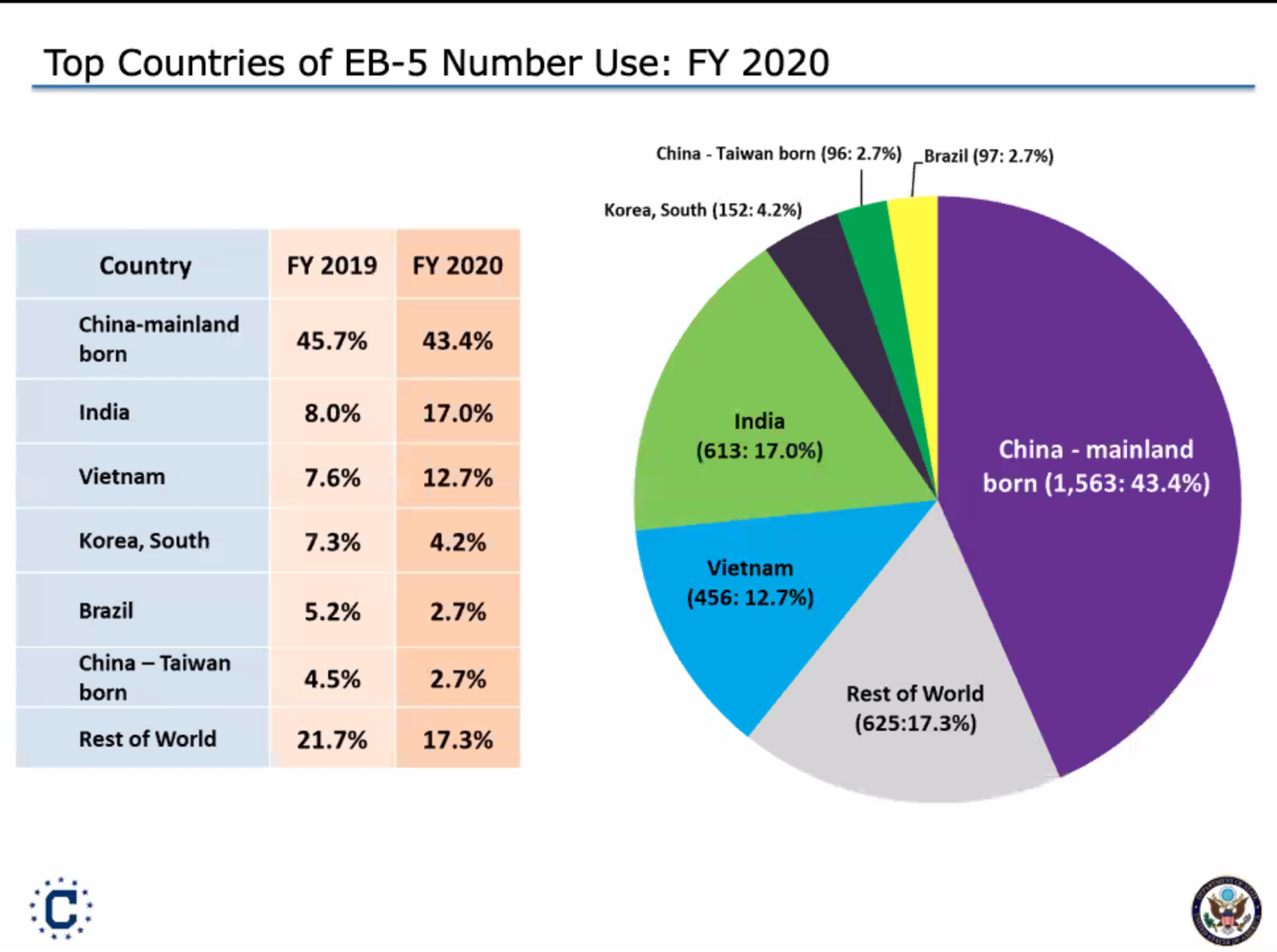The 2020 U.S. presidential election may have signaled a big change in sentiment on American immigration policy. Many are hopeful that the Biden-Harris Administration will mark a return to policy where immigrants are welcomed and valued for their contributions to the economy and society.
That shift is evident in President Biden’s choice in a running mate. Kamala Harris made history not only as the first female vice president, but also as the first of black and Indian-origin – and one who is proud of her immigrant roots. Biden hasn’t wasted any time making his position on immigration clear. During his first week in office, he signed six immigration-related executive orders, including rescinding the Muslim ban, restoring the Deferred Action for Childhood Arrivals (DACA) program and halting construction of a U.S.-Mexico border wall.
Such moves are viewed positively by Indians who continue to view the U.S. as a land of opportunity. Indians are a large and growing segment of the U.S. population. As of 2019, about 2.7 million Indian immigrants resided in the United States, according to the Migration Policy Institute. The Institute also noted that Indian immigrants account for approximately 6 percent of the U.S. foreign-born population, making them the second-largest immigrant group in the country, after Mexicans and ahead of immigrants from China and the Philippines. And despite the pandemic, America is still the top country of choice for Indians who hold a second passport because of its economic strength, job opportunities and higher education system.
Vice President Harris’ own mother, Shyamala Gopalan Harris, a native of Chennai, India, moved to the U.S. at age 19 in pursuit of the American Dream. She attended the University of California, Berkeley where she earned her PhD in nutrition and endocrinology and later went on to a career as a breast cancer researcher, scholar and teacher. That story is one that continues to resonate with Indians seeking visas for themselves and their children.
Demographically, Indians represent the current largest source of new immigrants to America, surpassing even Mexicans or Chinese, according to a report by the Columbia Business School. The reported noted that Indians are by far the best educated immigrant group in the country – roughly three times more India-born residents have college degrees than the general population. They also have achieved impressive economic status. Indian-American households have the single highest income level of any immigrant group in the country and generate incomes that are more than twice as high as the general U.S. population.
As Indians look for pathways to work and study in America, one of the programs commanding attention is the EB-5 visa program. The EB-5 program is one of the fastest ways for Indian high net-worth investors to get green cards for the entire family. According to the U.S. Department of State, India now ranks as one of the top three countries for EB-5 applicants.
“EB-5 visa program empowers Indians to obtain green cards in the United States without employer-sponsorship, as opposed to H-1B or L1 visas. EB-5 opens a variety of opportunities for you and your family who are aspiring to permanently relocate to the U.S. with the right to engage in any lawful occupation you choose, including setting up your own business,” said Jeff DeCicco, CEO at CanAm Investor Services, a FINRA-registered broker-dealer affiliated with CanAm Enterprises, one of the leading operators of immigration-linked investment funds. The firm has over 30 years of experience helping more than 6,000 investor-families achieve their immigration and investment goals.
The mission of the EB-5 program is to bring economic growth and vitality to the American economy. Since its inception in 1990, the program has brought more than $41 billion in foreign direct investment to the U.S. economy, according to the IIUSA, an industry trade association for EB-5 Regional Centers. Immigrant investors can obtain green cards by investing a minimum of $900,000 in qualifying EB-5 development projects. In an economy that is still recovering from the economic impact of COVID-19, a program that helps to bring jobs, new housing and other infrastructure to communities is sorely needed. Efforts are currently underway in the U.S. Congress to renew and extend the EB-5 program for another five years.
The merits of the EB-5 program are getting noticed by Indians. The number of applicants has surged in recent years. In FY 2020, India was second only to China as having the largest number of applicants by country, up from 8% in 2019. Although applicants from some countries have seen a backlog of applications as a result of overwhelming demand, that is not the case for Indian investors. According to recent statistics from U.S. Department of State, the wait time for an EB-5 visa filed by an Indian investor has recently reduced, which means EB-5 visas are available to Indian EB-5 visa applicants.
To determine your qualification for the EB-5 Immigrant Investor Program, please view our website at www.canamenterprises.com/eb5-visa-overview
CanAm is an integrated, multinational investment management firm that specializes in immigration-linked investment funds, private equity, and wealth management. With over three decades of experience, CanAm’s strategic approach to utilizing investor capital and managing risk has raised over $3 billion in private placement funds. Headquartered in New York City with offices in Shanghai, Beijing, Ho Chi Minh City, New Delhi, Dubai, Singapore, and Hong Kong, CanAm is proud to serve an international community of investors with a broad spectrum of investment needs and provide long-term value to the firm’s international and domestic clientele.


